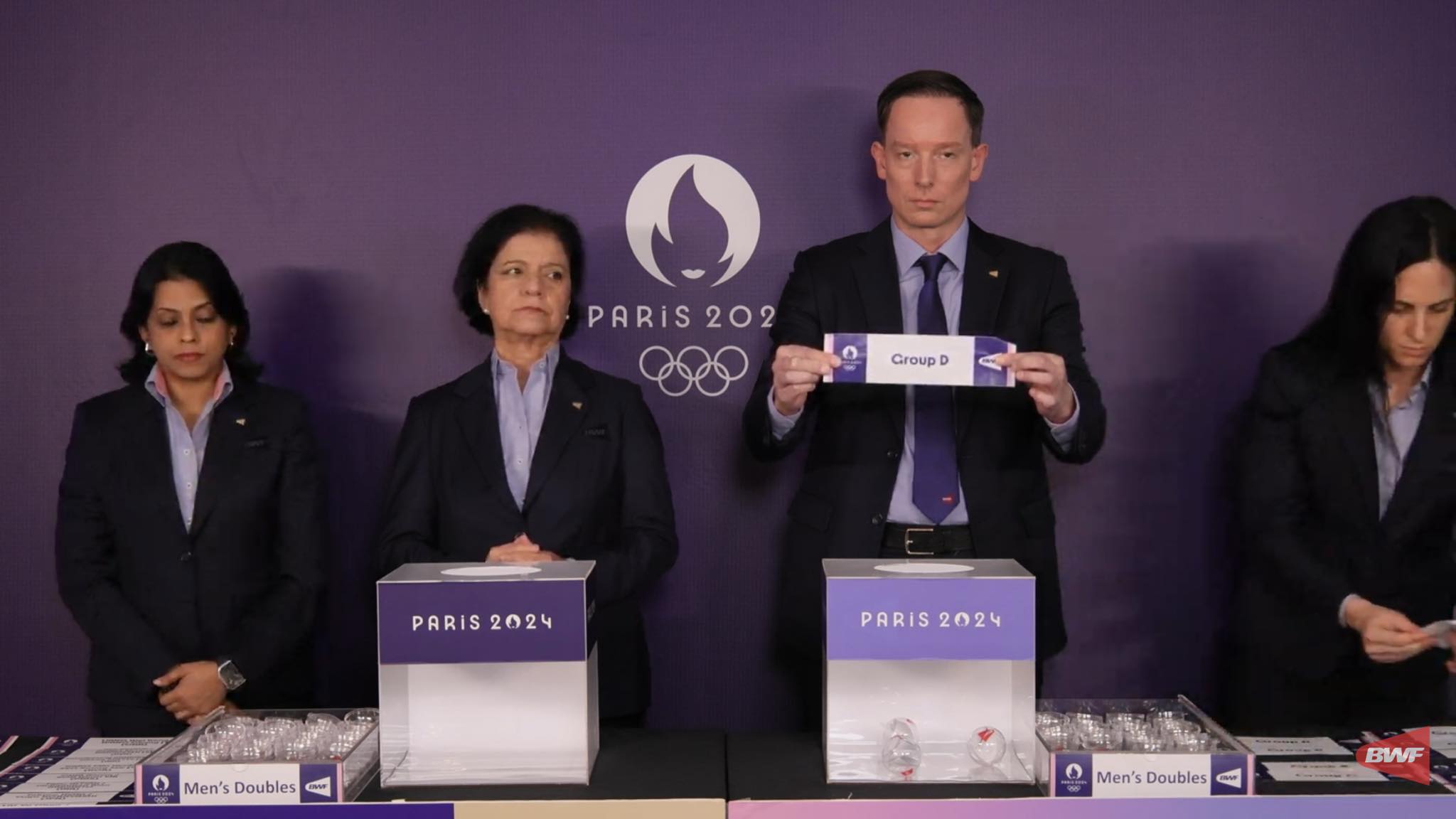BWF's Oversight Leads to CAS Awarding Olympic Men's Badminton Doubles Spot to France

Trang Napie
Thu Jul 25 2024

The Badminton World Federation (BWF) recently faced criticism and had to delay the Olympic men's doubles draw in Paris 2024 due to an error in team allocation. The Court of Arbitration for Sport (CAS) intervened, granting a spot to French pair Lucas Corvée and Ronan Labar.
The initial draw for the men's doubles was scheduled for Friday, July 12, 2024, but was postponed to Monday, July 15, 2024, causing inconvenience. Following CAS's ruling, the French duo, initially left out, were included, expanding the field to 17 pairs. CAS's decision mandated that Corvée/Labar be rewarded a spot at the Olympics, despite them missing out earlier due to BWF's miscalculation.
The International Olympic Committee (IOC) reacted positively to BWF's recommendation and confirmed Corvée/Labar as France's second men's doubles team. This situation arose because BWF's error had promoted Corvée/Labar to the top spot, displacing the actual top French pair, the Popov brothers.
Due to time constraints and the need for technical review, the men's doubles draw was conducted separately from other events. BWF updated its regulations, explaining the revised draw principles and making exceptions for the 17-team draw, which were approved by the council and IOC.
In the revised draw, five pairs were randomly selected for each of the groups A, B, C, and D. As the two French pairs couldn't be in the same group and weren't seeded, the higher-ranked Popov/Popov were drawn first, with Corvée/Labar following into the remaining groups.
With a total of 174 athletes from 48 member associations, along with one athlete from the IOC refugee team, now eligible to compete in men's doubles at the Paris 2024 Olympics. The seeded pairs include Liang Wei Keng/Wang Chang (China), Kim Astrup/Anders Skaarup Rasmussen (Denmark), Satwiksairaj Rankireddy/Chirag Shetty (India), and Kang Min Hyuk/Seo Seung Jae (South Korea).
BWF's oversight led to a series of adjustments ultimately benefiting Corvée/Labar and ensuring fair competition at the Olympics. The involvement of CAS highlighted the importance of accurate team allocations, underscoring the significance of upholding integrity in sports.